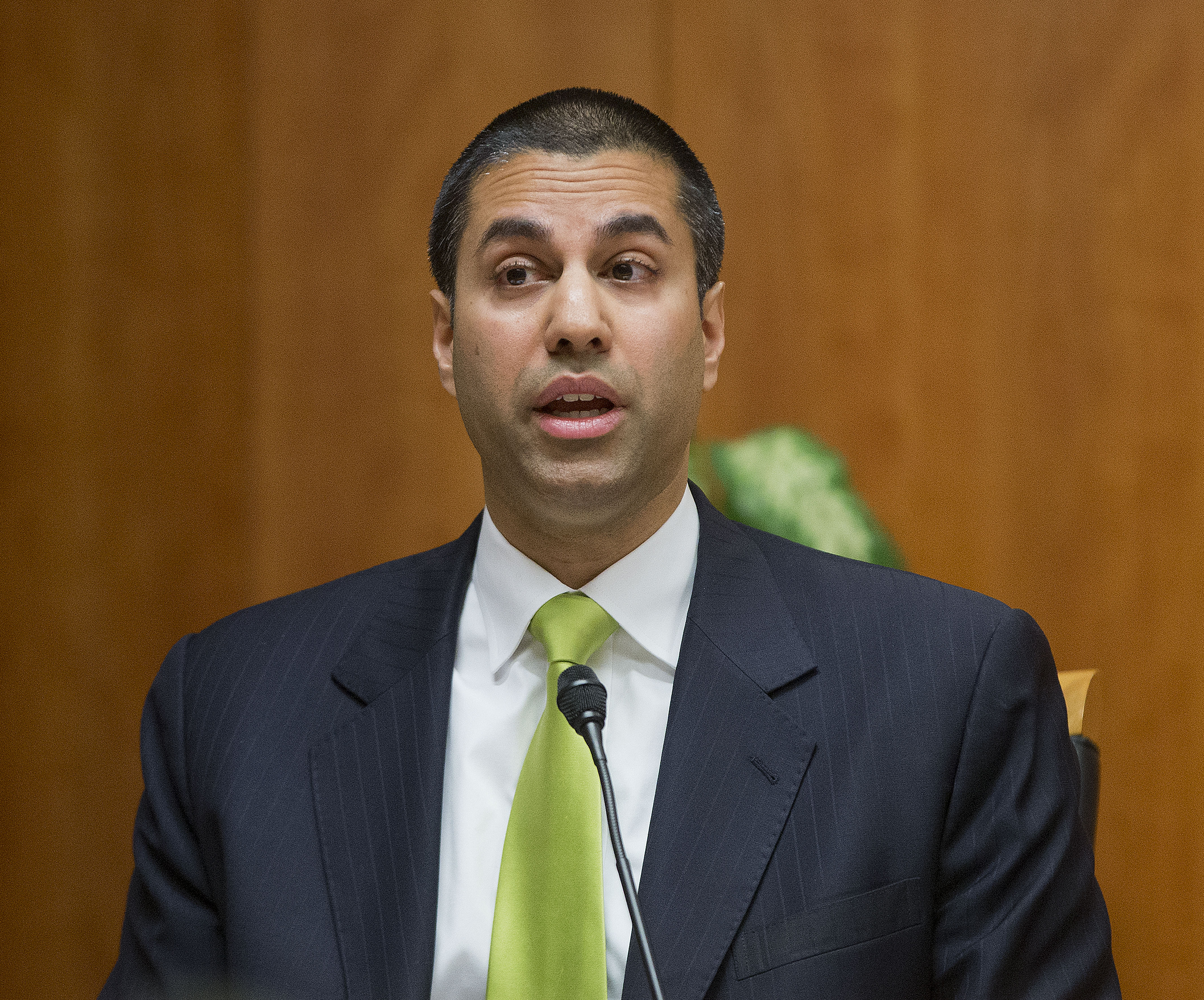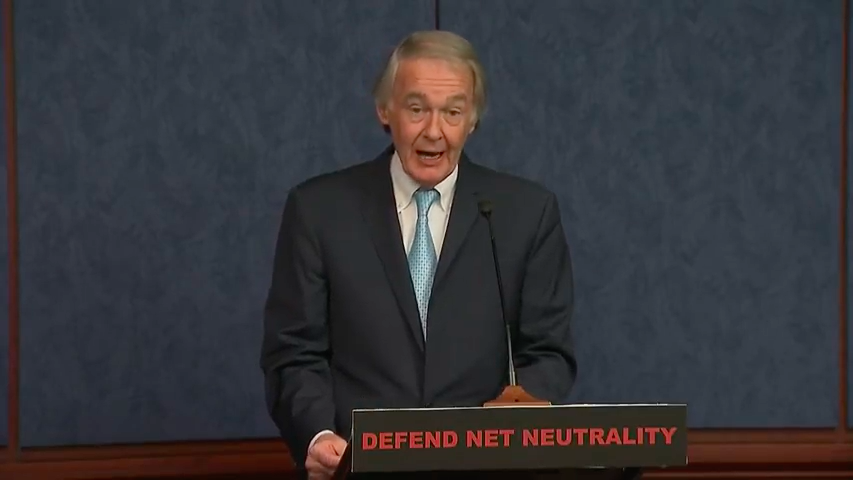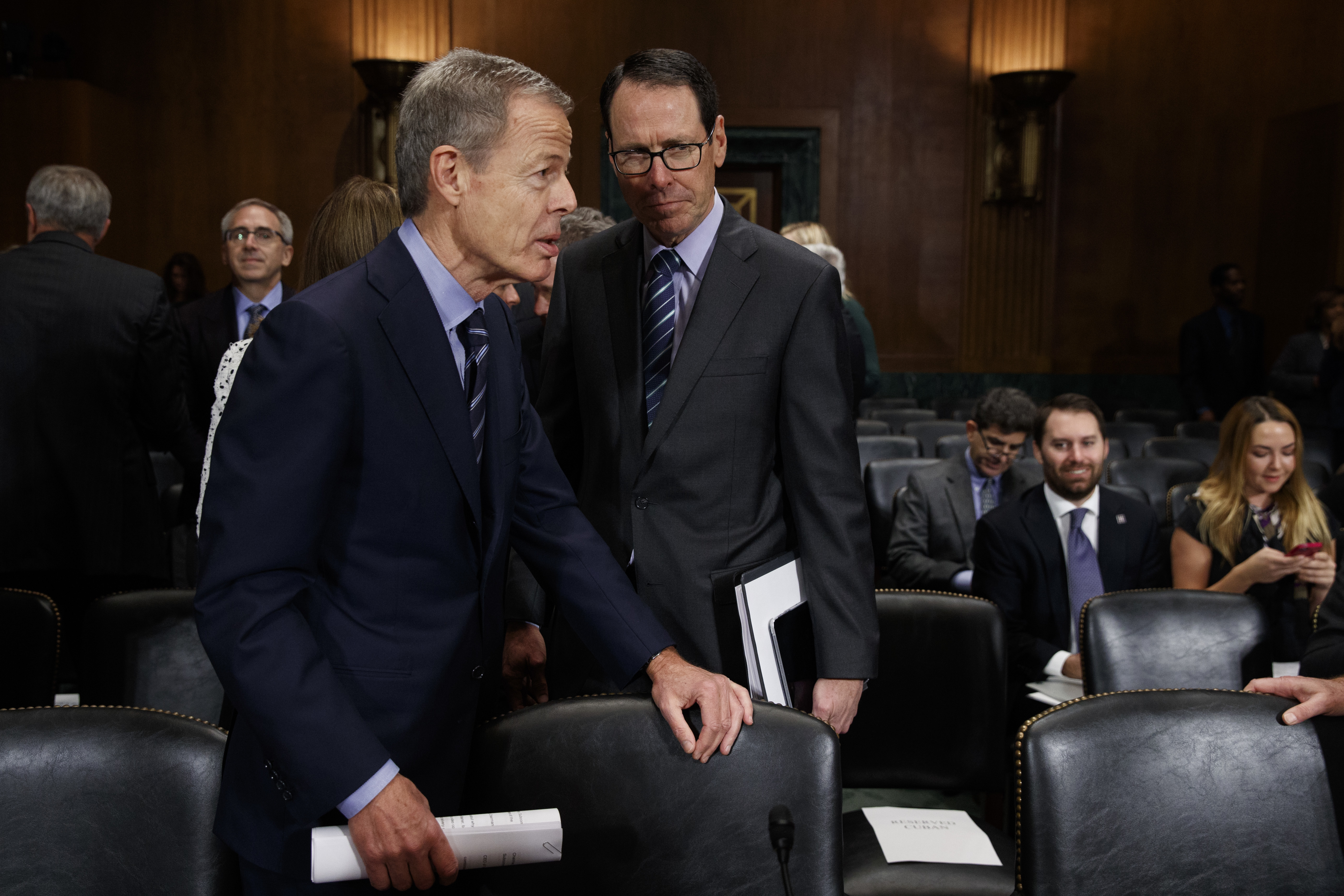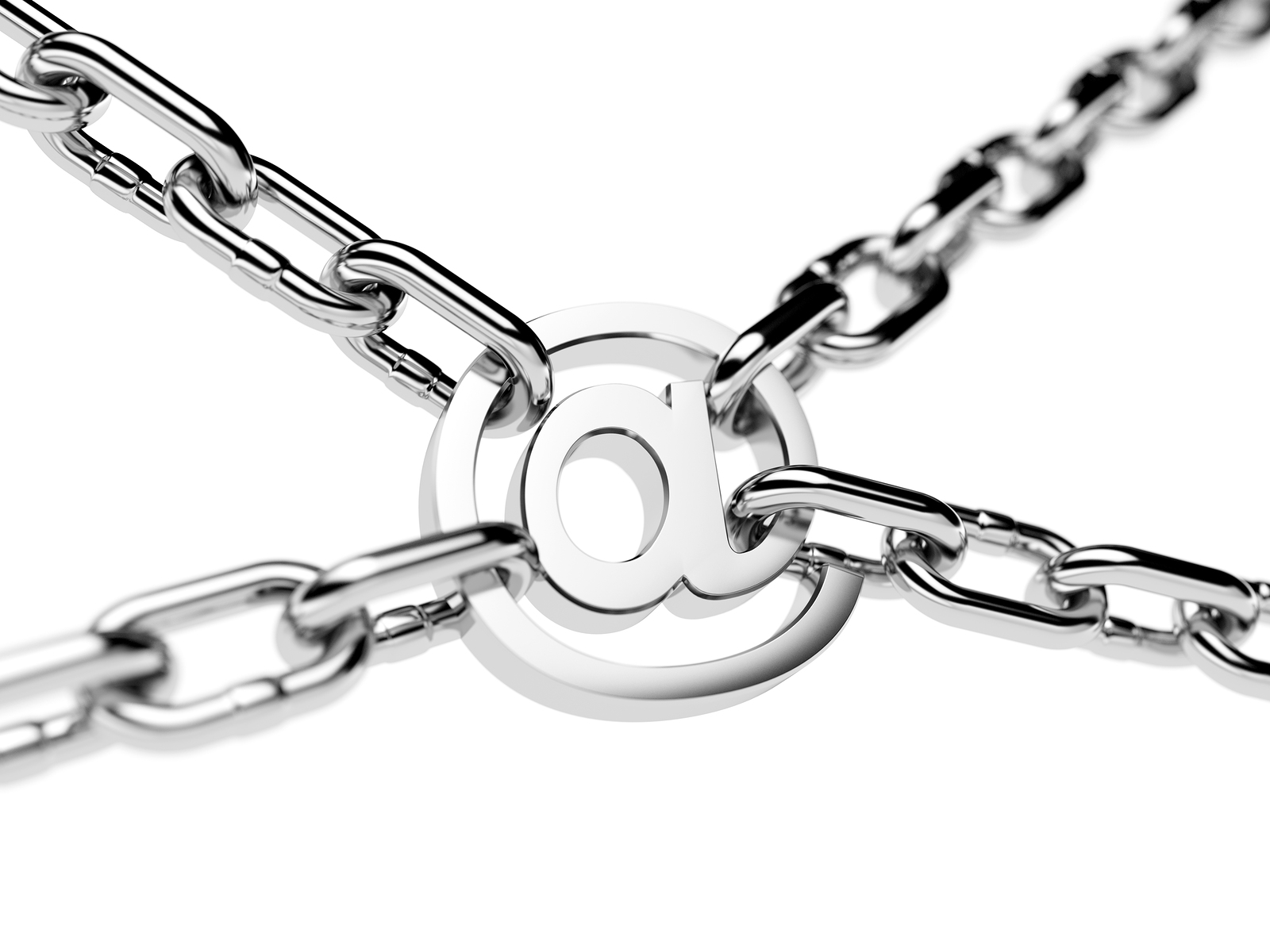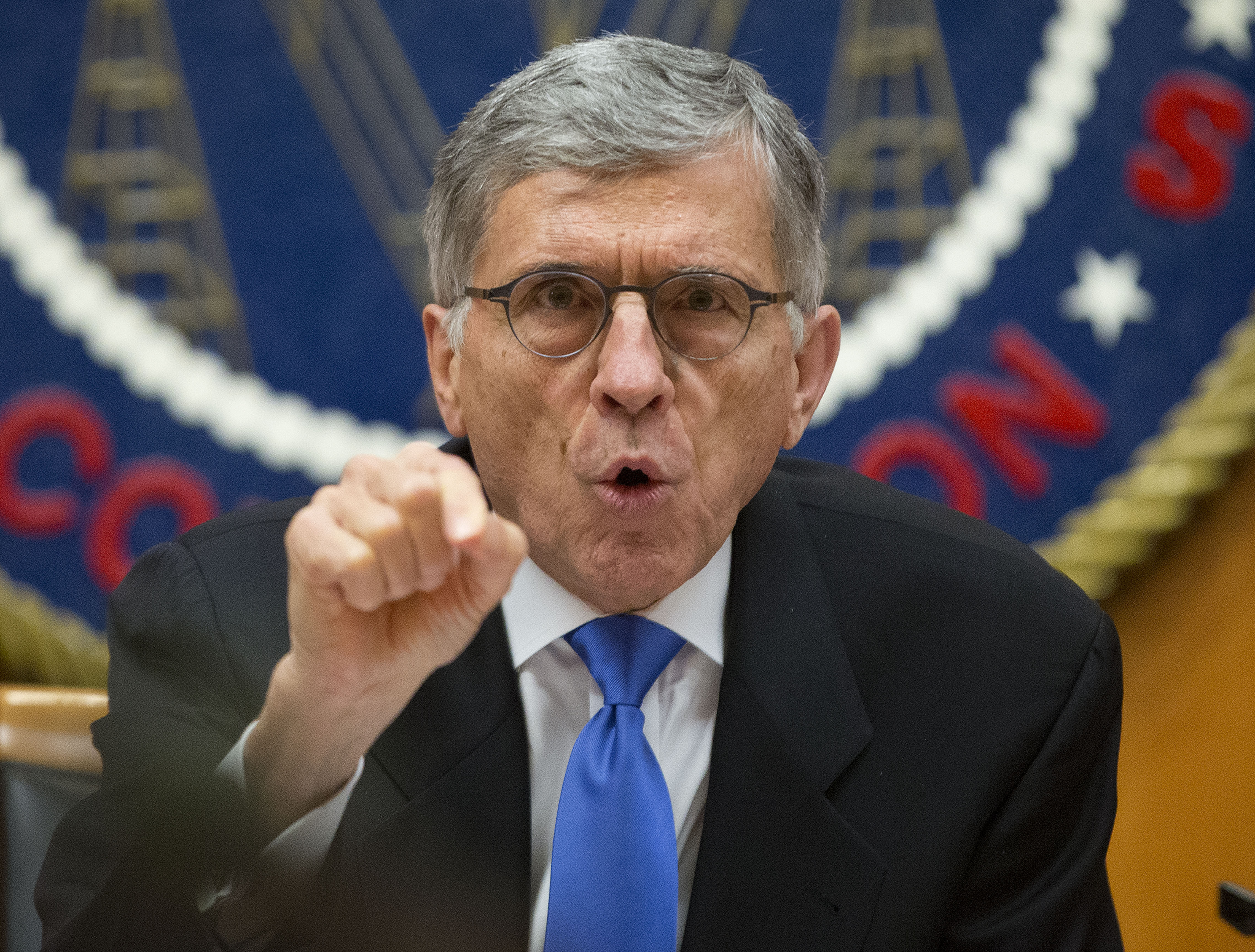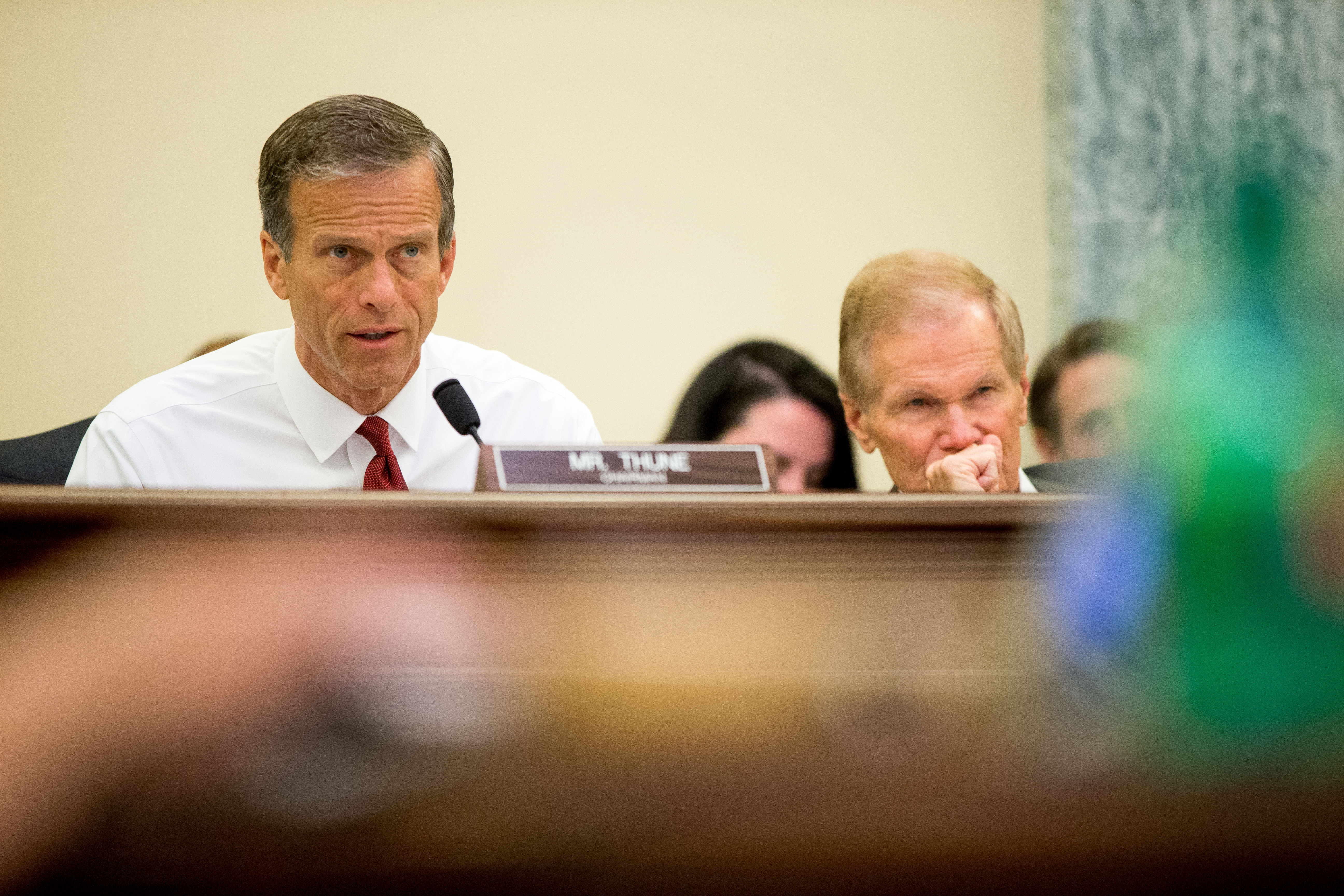Republicans Disagree Over Whether to Break Up Big Tech
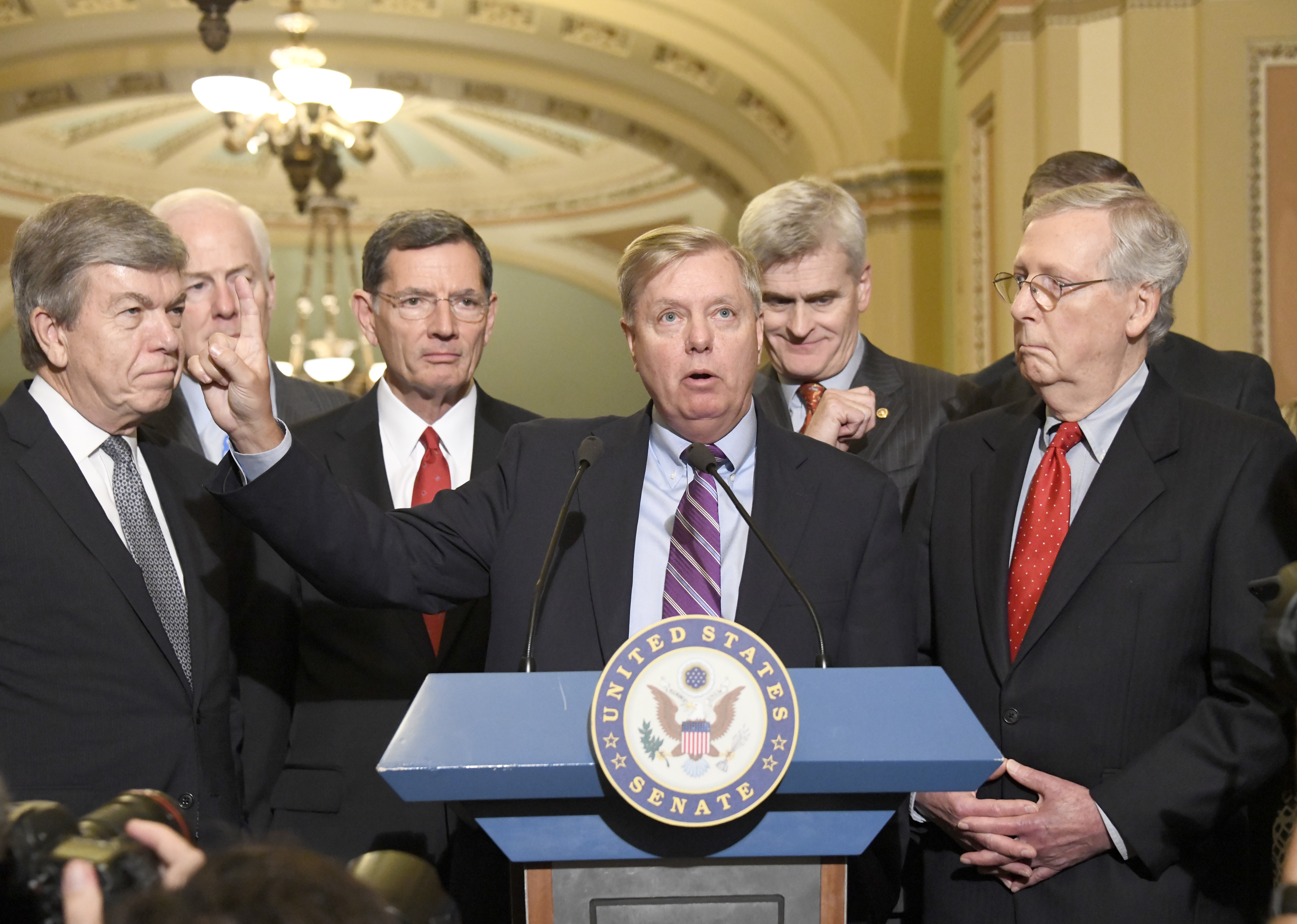
Some Republicans — like senators Marsha Blackburn (R-Tenn.), Josh Hawley (R-Mo.) and Ted Cruz (R-Texas) — are outspoken over problems they see with Big Tech, but others aren’t so sure using antitrust enforcement against Facebook and Google is a good idea.
“Google is bigger now than Standard Oil was when it was broken up,” Cruz said at a Senate Judiciary Committee hearing Tuesday.
Senators Lindsey Graham (R-S.C.) and Mike Lee (R-Utah), meanwhile, pushed back on proposals to break up Silicon Valley heavyweights.
In response to multiple witnesses describing Big Tech’s anticompetitive practices, Graham said, “Well my job is to make sure we have a viable industry after all this is over.”
Witness Brian O’Kelley, founder and former CEO of AppNexus (an advertising platform bought by AT&T), told Graham and the committee members that Big Tech companies have gotten really good at fooling consumers into thinking they have a choice to opt out of sharing their personal information when using an online service.
“Everyone has become pretty used to clicking ‘yes’ [to Terms and Conditions], and I worry that’s the illusion of choice, but not real choice,” he said.
But Graham didn’t buy O’Kelley’s argument.
“You agree that no choice is bad?” he asked.
“If you gave me the choice of being robbed when I walk out of here today, I’m going to say no,” O’Kelley explained. “Why don’t we make robbery illegal?”
To which Graham replied: “Whatever.”
Lee suggested maybe privacy advocates exaggerate privacy concerns and abuses by arguing that private companies misusing data isn’t as bad as governments misusing data. He also pointed out that companies like Google and Facebook created products that consumers want — so why should regulators break them up?
“In the absence of anticompetitive conduct, is there anything about that that amounts to an antitrust violation?” he asked.
One witness, Freshfields Bruckhaus Deringer LLP Counsel Jan Rybnicek, thinks Big Tech isn’t harming consumers — and that breaking up Big Tech will harm them.
“Not only is this proposal putting the cart before the horse as no clear market failure has yet been identified, but the solution itself is unworkable,” he said. “The proposal may sound simple in theory but it is anything but that in practice. For one, it is not clear exactly what these companies would be broken up into and how they would operate afterwards. …In recent years there have been calls to dramatically reshape the antitrust laws to address what critics perceive to be an under-enforcement problem, including with respect to digital platforms and digital advertising.”
But Yale University’s Professor of Economics Fiona Scott Morton said there is an overwhelming amount of economic research and evidence that build a strong antitrust case against Big Tech companies like Amazon, Google and Facebook.
The problem isn’t how big the tech companies are, she said, but how they’ve suppressed and snuffed out competition in the advertising market to establish dominance and limit consumer choice.
“If there were more competition in the marketplace, we wouldn’t be so concerned about this problem,” she said.
O’Kelley told the committee that over the past 20 years, the biggest tech companies (like Google and Facebook) have used anticompetitive practices and manipulated regulatory policies to widen profit margins.
O’Kelley and Morton both reminded the committee that consumer harms, like privacy abuses, are just a symptom of anticompetitive behavior. Antitrust isn’t about “bigness,” and it isn’t about breaking up companies just because they’ve harmed consumers.
“The biggest loophole right now is advertising-supported companies seem to be free to consumers, so if we only look at the consumer price, you can do any advertising-based merger [or acquisition],” O’Kelley said, “and if you’re Facebook and Google, you can acquire hundreds of companies and see no antitrust enforcement.”
Hawley said it seems more online startups put money towards advertising dollars to work with Google’s and Facebook’s algorithms rather than toward the products they’re developing, which suggests Google and Facebook control the ad market.
According to O’Kelley, Google’s prioritization of its own in-house products and the ad market forced him to sell AppNexus to AT&T.
“They had so many different pieces to compete, that we could not compete,” he said. “Waiting for regulators to catch up, I had to sell my company. We have to figure out how to keep different businesses separate, Google can’t share data across them. YouTube should be open to any advertising platform. There search data should be available to any platform or no platform. I think that’s a very clear way to break them up or force them to act fairly.”
Despite Graham’s and Lee’s skepticism towards antitrust, enough Republicans are on board with antitrust that they might help push an update to antitrust law — like the one introduced by Sen. Amy Klobuchar (D-Minn.).
Sen. Richard Blumenthal (D-Conn.) said he thinks regulators and lawmakers should deal with Big Tech in two ways: first through antitrust enforcement to address the underlying anti-competitive behaviors, and secondly through a federal privacy law to deal with some of the effects of those anticompetitive behaviors.
“It’s not against the law to be big, it’s against the law to use that power in a predatory way, which is what they have done, by buying out innovators, suffocating competition, by controlling the ecosystem,” he said at Tuesday’s hearing. “We need both antitrust enforcement and new privacy protection. We need them both. I think antitrust enforcement has an enormously important effect, I saw it myself in Microsoft litigation that I was instrumental in bringing. I think the same is true here.”


